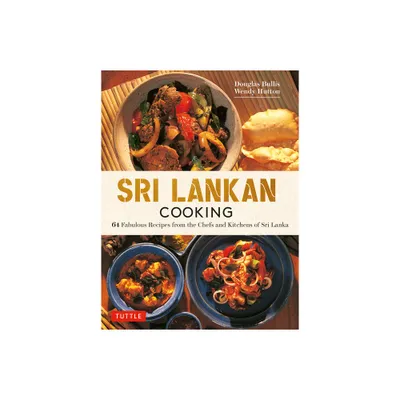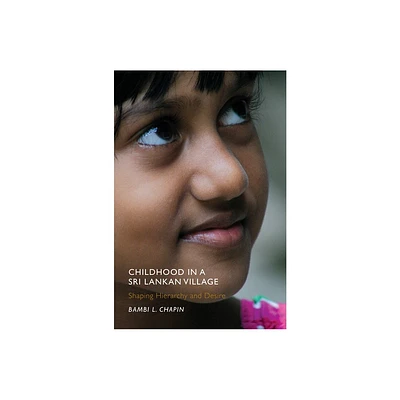Home
Ravana's Kingdom: The Ramayana and Sri Lankan History from Below
Loading Inventory...
Barnes and Noble
Ravana's Kingdom: The Ramayana and Sri Lankan History from Below
Current price: $120.00


Barnes and Noble
Ravana's Kingdom: The Ramayana and Sri Lankan History from Below
Current price: $120.00
Loading Inventory...
Size: Hardcover
*Product Information may vary - to confirm product availability, pricing, and additional information please contact Barnes and Noble
Ravana, the demon-king antagonist from the
Ramayana
, the ancient Hindu epic poem, has become an unlikely cultural hero among Sinhala Buddhists over the past decade. In
Ravana's Kingdom
, Justin W. Henry delves into the historical literary reception of the epic in Sri Lanka, charting the adaptions of its themes and characters from the 14th century onwards, as many Sri Lankan Hindus and Buddhists developed a sympathetic impression of Ravana's character, and through the contemporary Ravana revival, which has resulted in the development of an alternative mythological history, depicting Ravana as king of the Sri Lanka's indigenous inhabitants, a formative figure of civilizational antiquity, and the direct ancestor of the Sinhala Buddhist people.
Henry offers a careful study of the literary history of the
in Sri Lanka, employing numerous sources and archives that have until now received little to no scholarly attention, as well as the 21st century revision of a narrative of the Sri Lankan people-a narrative incubated by the general public online, facilitated by social media and by the speed of travel of information in the digital age.
offers a glimpse into a centuries-old, living Ramayana tradition among Hindus and Buddhists in Sri Lanka-a case study of the myth-making process in the digital age.
Ramayana
, the ancient Hindu epic poem, has become an unlikely cultural hero among Sinhala Buddhists over the past decade. In
Ravana's Kingdom
, Justin W. Henry delves into the historical literary reception of the epic in Sri Lanka, charting the adaptions of its themes and characters from the 14th century onwards, as many Sri Lankan Hindus and Buddhists developed a sympathetic impression of Ravana's character, and through the contemporary Ravana revival, which has resulted in the development of an alternative mythological history, depicting Ravana as king of the Sri Lanka's indigenous inhabitants, a formative figure of civilizational antiquity, and the direct ancestor of the Sinhala Buddhist people.
Henry offers a careful study of the literary history of the
in Sri Lanka, employing numerous sources and archives that have until now received little to no scholarly attention, as well as the 21st century revision of a narrative of the Sri Lankan people-a narrative incubated by the general public online, facilitated by social media and by the speed of travel of information in the digital age.
offers a glimpse into a centuries-old, living Ramayana tradition among Hindus and Buddhists in Sri Lanka-a case study of the myth-making process in the digital age.


















